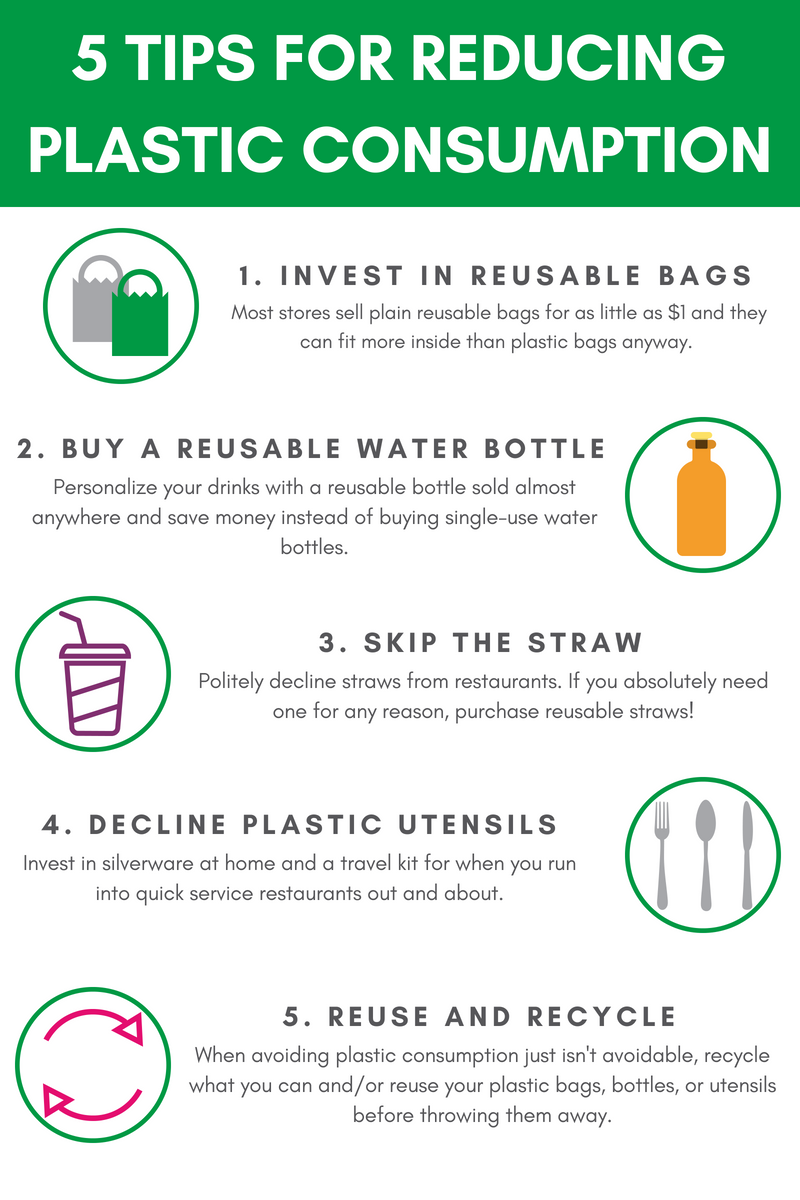Small Price for Businesses, Big Costs to Our Planet
The Ocean Conservancy organization has collected over 200 million pounds of waste from the ocean over the last 30 years. That includes straws, plastic bags, water bottles, cigarette filters, plastic utensils, and more. There is no number that exists for how much plastic bags have been used worldwide. In the United States alone, 100 billion bags are used annually such as shopping bags for groceries, clothing, or bags from any other retail stores.
Typically, bags don’t even end up in landfills because of their material being light enough to get swept away. 80% of these bags winds up in the ocean, subjecting marine life to the dangers of choking or eating it, causing a blockage in their intestines. When it gets tossed into our environment, it can even take up to 1000 years to degrade. These bags are simply dangerous. Fish, sea turtles, and even whales are vulnerable to the pollution exposure because it easily makes its way up the food chain. In fact, National Geographic’s Planet or Plastic? article series delves into exactly how much salvage can affect more than just marine and wildlife. 93% of Americans older than the age of six tested positive for BPA (a chemical used for plastic) in the body. Waste that are on land can leave toxins in the ground and impact soil, nutrients, and wildlife.
Unfortunately, we are exposing our environment to plastic pollution for quick convenience, leaving an ongoing negative impact. Join Fleet Farming this month with Plastic Free July, a global effort to reduce plastic use, and #choosetorefuse.



 Fleet Farming is making strong efforts to ditch plastic and raise awareness for a more sustainable future.
Fleet Farming is making strong efforts to ditch plastic and raise awareness for a more sustainable future.